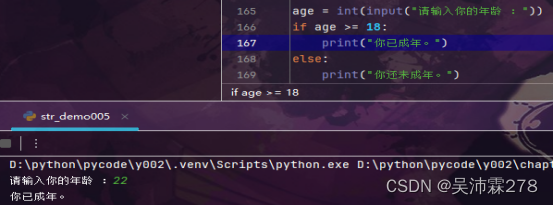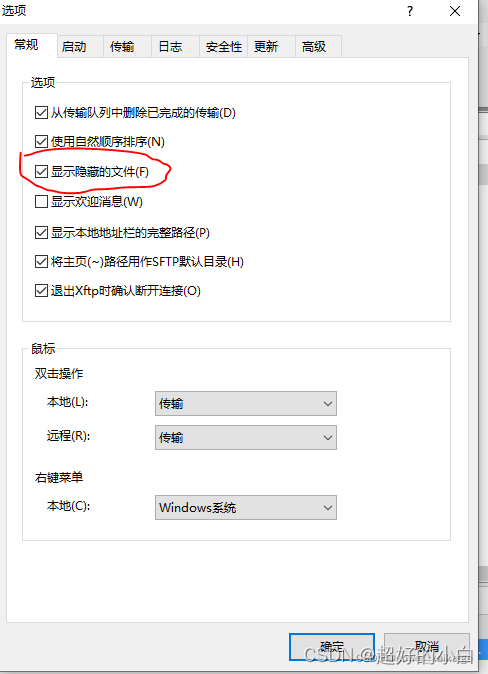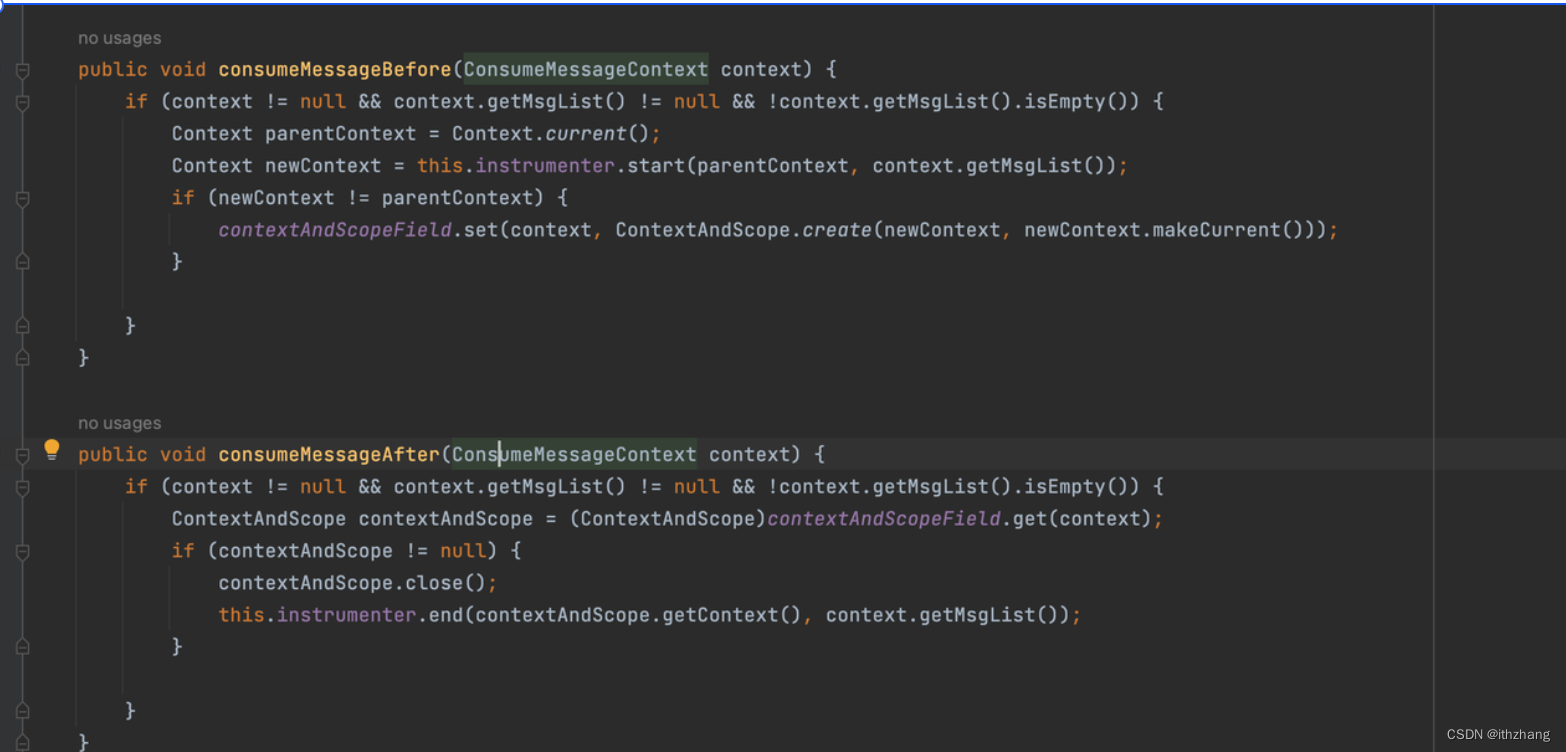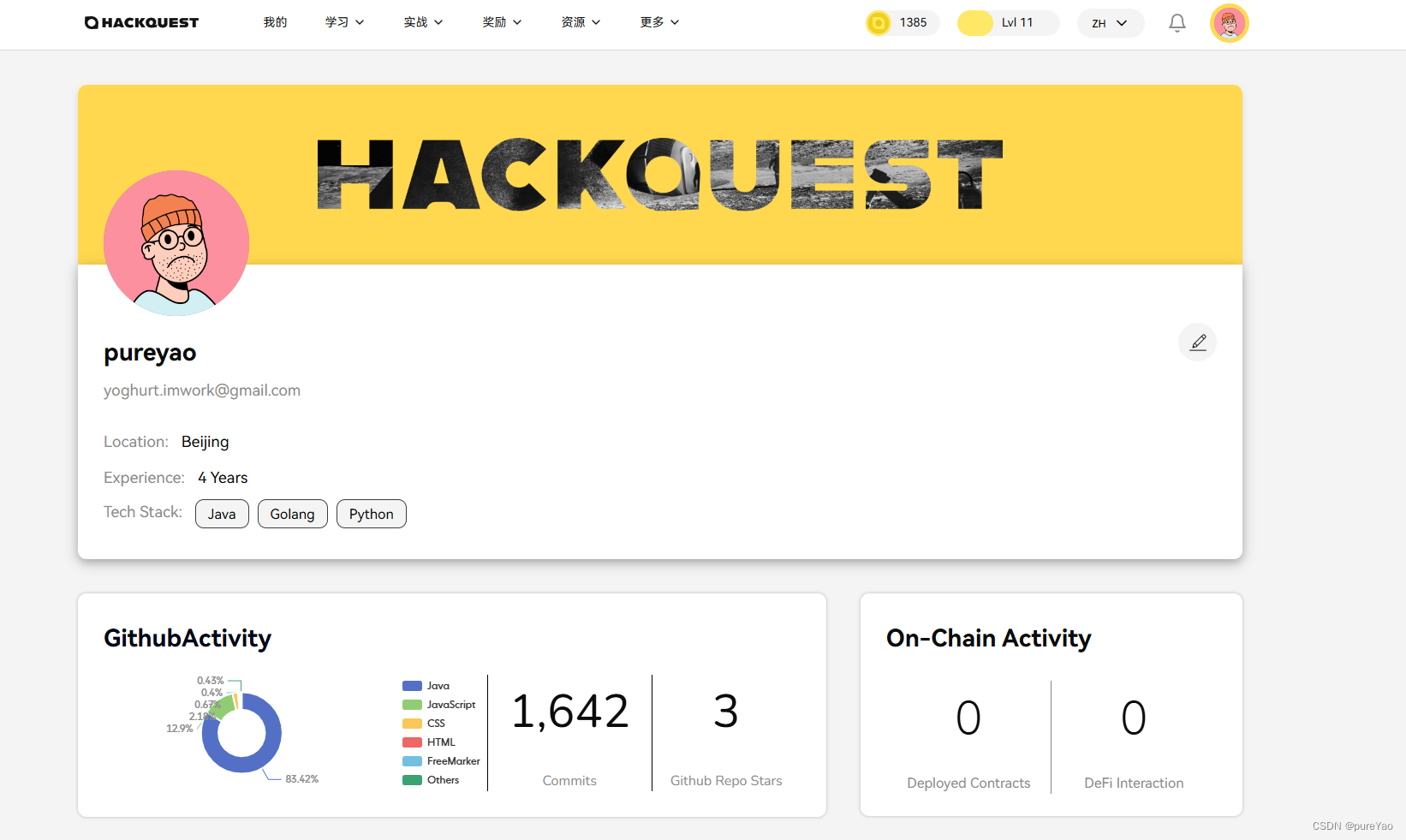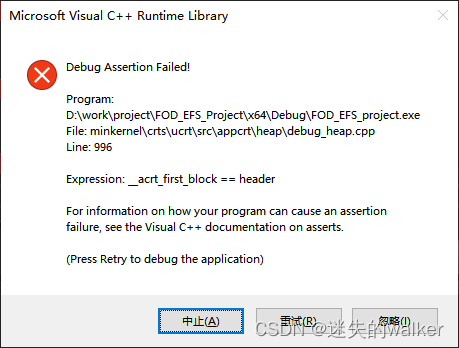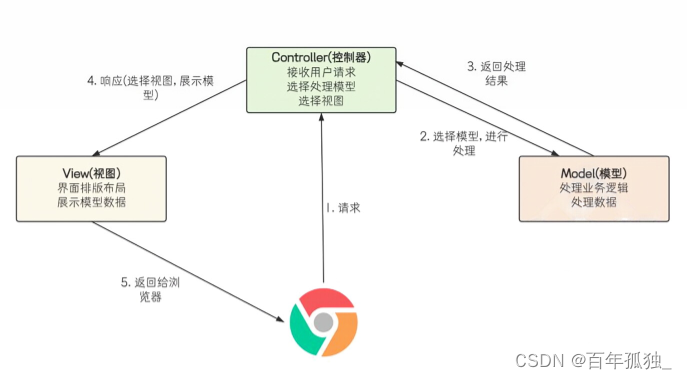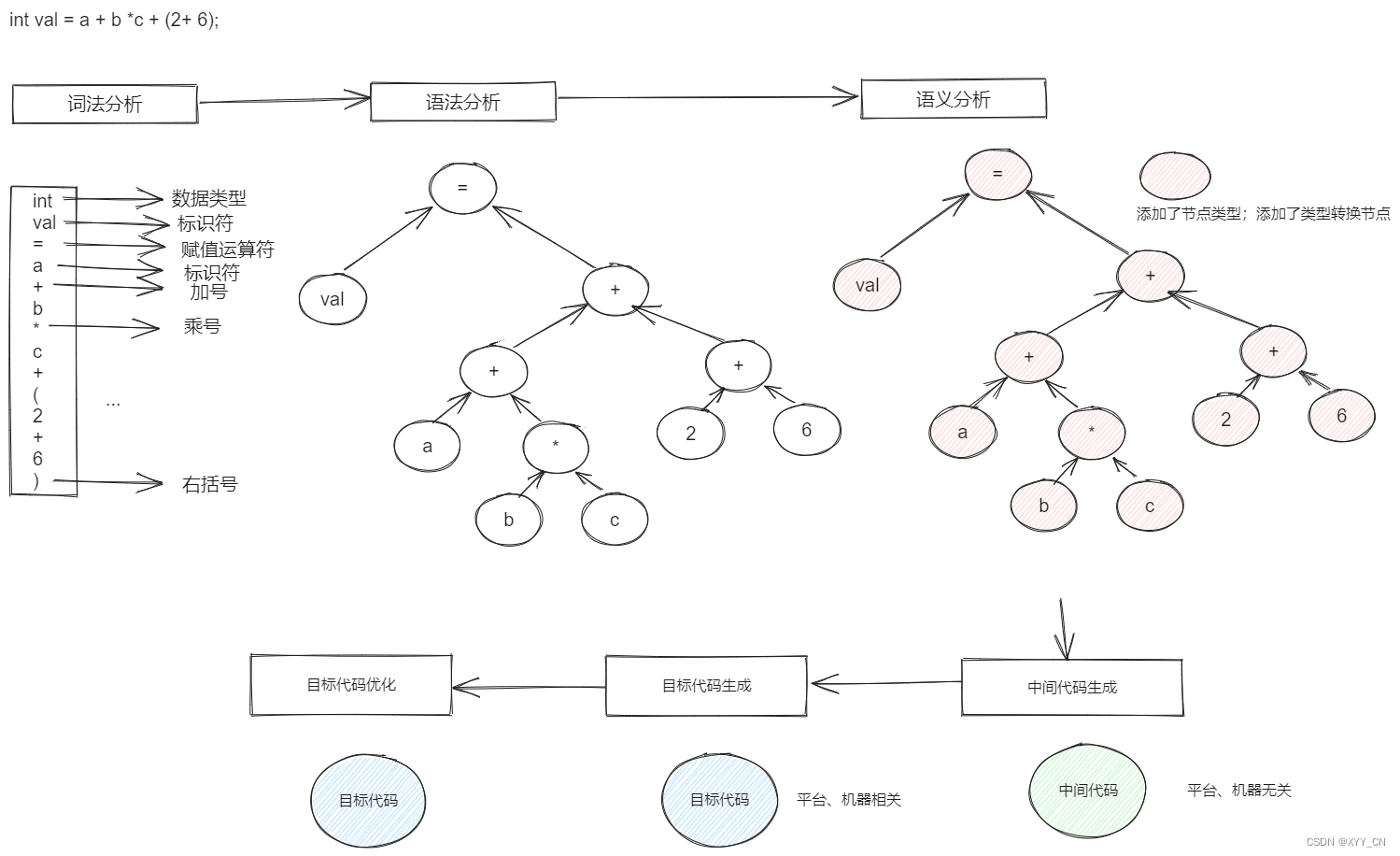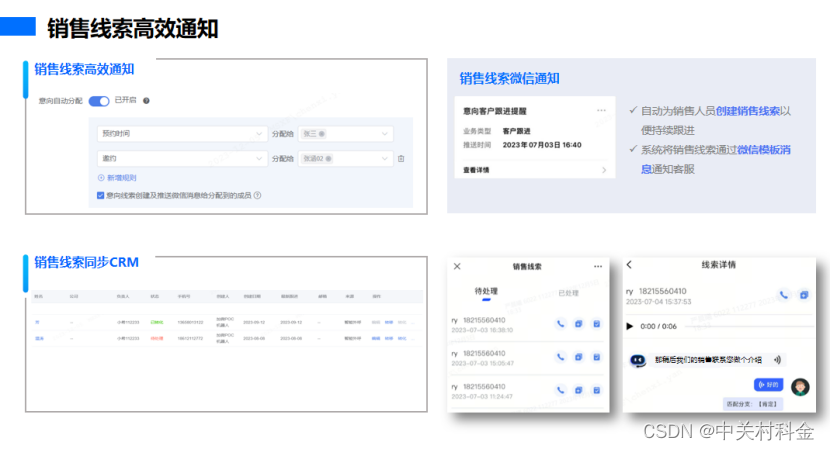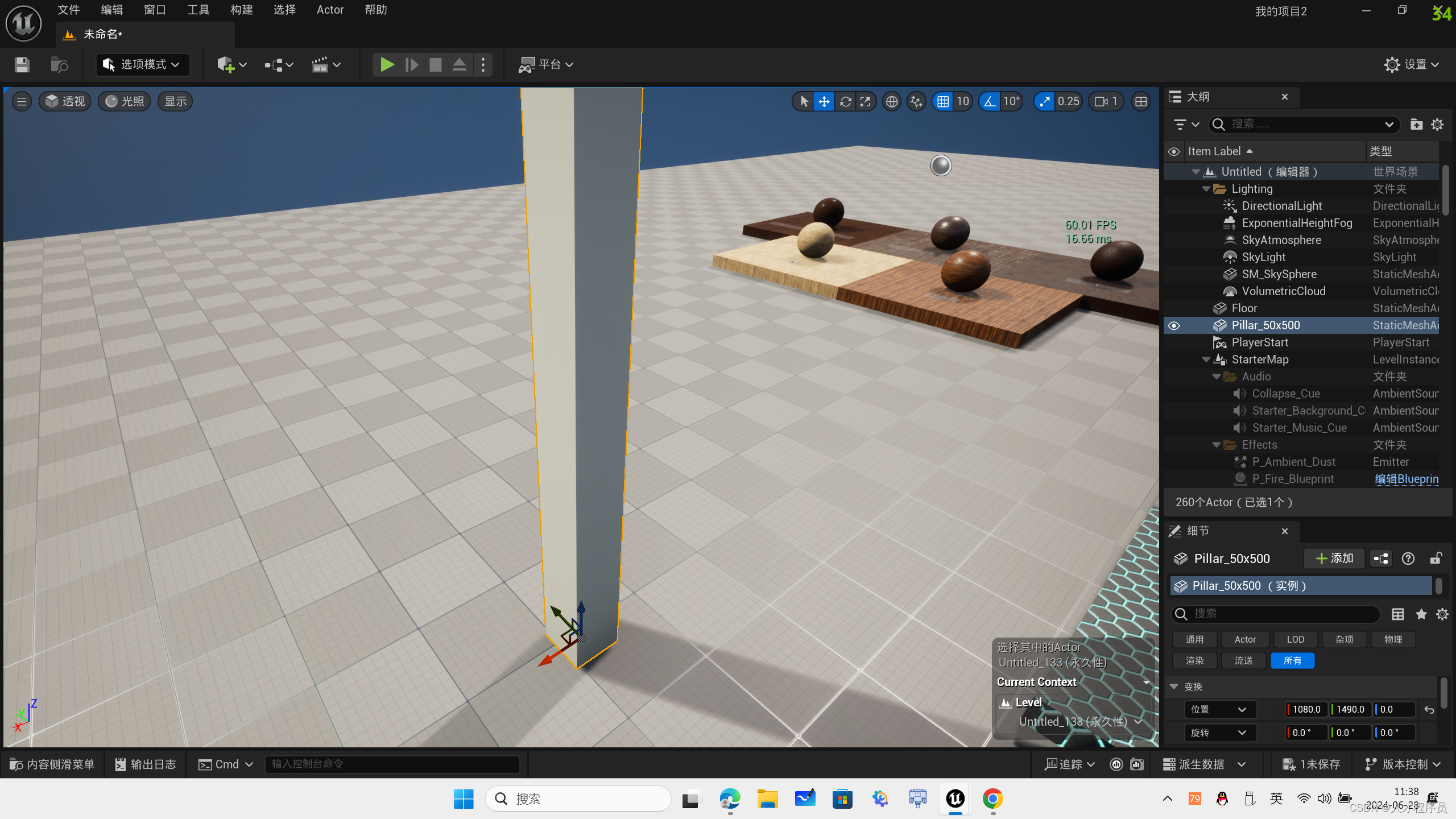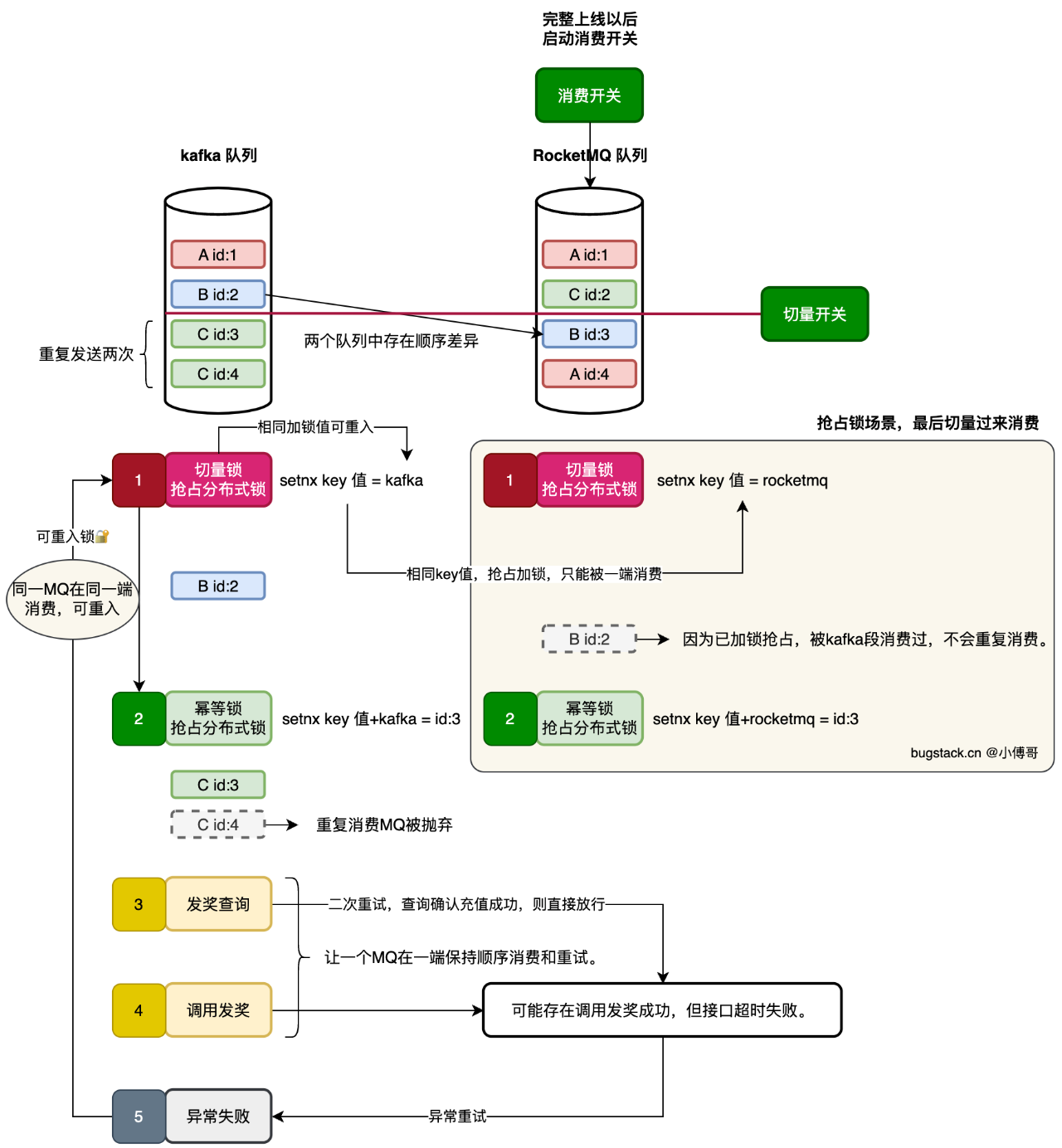前不久写了MogDB针对PostgreSQL的兼容性文章,我在文中提到针对PostgreSQL而言,MogDB兼容性还是不错的,其中也给出了其中一个能源客户之前POC的迁移报告数据。
But很快我发现总有人回留言喷我,而且我发现每次喷的这帮人是根本不看文章内容的,完全就是看了标题就开喷,真是一喷为快!
针对如此多的后台留言,这里为提炼一下,同时我也来尝试“诡辩”一下!
MogDB是基于openGauss,而openGauss是基于PG9.2,现在PG都16了,最差了这么多代,你们还好意思说?
首先我要说下,针对是这个想法的这些有网友,你们真的看了文章内容吗?原生pg是多进程架构,而魔改之后的openGauss是线程架构,架构都不一样了呢,毫不夸张的说,基本上是完全不同的两款数据库产品了。
因此,就谈不上什么版本差了很多代的说法了呢。
那么如果说基于openGauss迭代的MogDB具具备了PG新版本所具有的一些功能,你们又该如何评价呢?
这里我就特意挑选几个小的点!
MogDB支持全局索引而PG不支持
记得前几天PG界的第一红网德哥就吐槽说,PG不支持全局索引。当时我看了之后,我心里一阵纳闷!
不支持全局索引的数据库,这tm的能用吗?这不搞笑的吗?
首先我给大家看下MogDB对于分区表的全局索引支持情况,废话不多说,直接上测试结果:
[omm2@mogdb1 ~]$ gsql -r -d test -U roger
Password for user roger:
gsql ((MogDB 5.0.7 build c4707384) compiled at 2024-05-24 10:51:53 commit 0 last mr 1804 )
Non-SSL connection (SSL connection is recommended when requiring high-security)
Type "help" for help.
test=> CREATE TABLE list_list
test-> (
test(> month_code VARCHAR2 ( 30 ) NOT NULL ,
test(> dept_code VARCHAR2 ( 30 ) NOT NULL ,
test(> user_no VARCHAR2 ( 30 ) NOT NULL ,
test(> sales_amt int
test(> )
test-> PARTITION BY LIST (month_code) SUBPARTITION BY LIST (dept_code)
test-> (
test(> PARTITION p_201901 VALUES ( '201902' )
test(> (
test(> SUBPARTITION p_201901_a VALUES ( '1' ),
test(> SUBPARTITION p_201901_b VALUES ( '2' )
test(> ),
test(> PARTITION p_201902 VALUES ( '201903' )
test(> (
test(> SUBPARTITION p_201902_a VALUES ( '1' ),
test(> SUBPARTITION p_201902_b VALUES ( '2' )
test(> )
test(> );
CREATE TABLE
test=> insert into list_list values('201902', '1', '1', 1);
INSERT 0 1
test=> insert into list_list values('201902', '2', '1', 1);
INSERT 0 1
test=> insert into list_list values('201902', '1', '1', 1);
INSERT 0 1
test=> insert into list_list values('201903', '2', '1', 1);
INSERT 0 1
test=> insert into list_list values('201903', '1', '1', 1);
INSERT 0 1
test=> insert into list_list values('201903', '2', '1', 1);
INSERT 0 1
test=> create index idx_list_list on list_list(user_no) global;
CREATE INDEX
test=> explain select * from list_list where user_no=1;
QUERY PLAN
------------------------------------------------------------------------------
Partition Iterator (cost=0.00..14.57 rows=2 width=238)
Iterations: 2, Sub Iterations: 4
Selected Partitions: 1..2
Selected Subpartitions: 1:ALL, 2:ALL
-> Partitioned Seq Scan on list_list (cost=0.00..14.57 rows=2 width=238)
Filter: ((user_no)::bigint = 1)
(6 rows)
test=> \di+
List of relations
Schema | Name | Type | Owner | Table | Size | Storage | Description
--------+-------------------------+------------------------+-------+------------------+------------+---------+-------------
public | index_prune_tt01 | index | omm2 | prune_tt01 | 64 kB | |
public | table_1188398_2_pk | index | omm2 | table_1188398_2 | 16 kB | |
roger | idx_list_list | global partition index | roger | list_list | 16 kB | |
roger | idx_test01_objectid | index | roger | test01 | 245 MB | |
roger | idx_test01_owner | index | roger | test01 | 248 MB | |
roger | t2_pkey | index | roger | t2 | 8192 bytes | |
roger | test_incresort_1_id_idx | index | roger | test_incresort_1 | 301 MB | |
(7 rows)
大家可以看到这个分区的创建与法基本上跟Oracle一致,哪怕是二级分区,也支持创建global index的。
接下来我们看看PostgreSQL 13是否支持在分区表上创建Global Index。
postgres_5432@mogdb3 bin]$ ./psql
psql (13.2)
Type "help" for help.
postgres=# select version();
version
---------------------------------------------------------------------------------------------------------
PostgreSQL 13.2 on x86_64-pc-linux-gnu, compiled by gcc (GCC) 4.8.5 20150623 (Red Hat 4.8.5-44), 64-bit
(1 row)
postgres=# CREATE TABLE list_list
postgres-# (
postgres(# month_code VARCHAR2 ( 30 ) NOT NULL ,
postgres(# dept_code VARCHAR2 ( 30 ) NOT NULL ,
postgres(# user_no VARCHAR2 ( 30 ) NOT NULL ,
postgres(# sales_amt int
postgres(# )
postgres-# PARTITION BY LIST (month_code) SUBPARTITION BY LIST (dept_code)
postgres-# (
postgres(# PARTITION p_201901 VALUES ( '201902' )
postgres(# (
postgres(# SUBPARTITION p_201901_a VALUES ( '1' ),
postgres(# SUBPARTITION p_201901_b VALUES ( '2' )
postgres(# ),
postgres(# PARTITION p_201902 VALUES ( '201903' )
postgres(# (
postgres(# SUBPARTITION p_201902_a VALUES ( '1' ),
postgres(# SUBPARTITION p_201902_b VALUES ( '2' )
postgres(# )
postgres(# );
ERROR: syntax error at or near "SUBPARTITION"
LINE 8: PARTITION BY LIST (month_code) SUBPARTITION BY LIST (dept_c...
^
postgres=#
postgres=# CREATE TABLE measurement (
postgres(# city_id int not null,
postgres(# logdate date not null,
postgres(# peaktemp int,
postgres(# unitsales int
postgres(# ) PARTITION BY RANGE (logdate);
CREATE TABLE
postgres=#
postgres=#
postgres=# create table measurement_2022_1 partition of measurement
postgres-# for values from ('2022-01-01') to ('2022-02-01');
CREATE TABLE
postgres=#
postgres=# create table measurement_2022_2 partition of measurement
postgres-# for values from ('2022-02-01') to ('2022-03-01');
CREATE TABLE
postgres=#
postgres=# create table measurement_2022_3 partition of measurement
postgres-# for values from ('2022-03-01') to ('2022-04-01');
CREATE TABLE
postgres=#
postgres=# create index idx_measurement_date on measurement(logdate) global;
ERROR: syntax error at or near "global"
LINE 1: ...e index idx_measurement_date on measurement(logdate) global;
^
postgres=# create index idx_measurement_date on measurement(logdate);
CREATE INDEX
postgres=# insert into measurement(city_id,logdate,peaktemp,unitsales) values(1,'2022-01-01',1,1);
INSERT 0 1
postgres=# insert into measurement(city_id,logdate,peaktemp,unitsales) values(2,'2022-02-01',2,2);
INSERT 0 1
postgres=# insert into measurement(city_id,logdate,peaktemp,unitsales) values(3,'2022-03-01',3,3);
INSERT 0 1
postgres=# \di+
List of relations
Schema | Name | Type | Owner | Table | Persistence | Size | Description
--------+--------------------------------+-------------------+----------+--------------------+-------------+---------+-------------
public | idx_measurement_date | partitioned index | postgres | measurement | permanent | 0 bytes |
public | measurement_2022_1_logdate_idx | index | postgres | measurement_2022_1 | permanent | 16 kB |
public | measurement_2022_2_logdate_idx | index | postgres | measurement_2022_2 | permanent | 16 kB |
public | measurement_2022_3_logdate_idx | index | postgres | measurement_2022_3 | permanent | 16 kB |
(4 rows)
postgres=#
ostgres=# explain select * from measurement where logdate > '2022-02-01';
QUERY PLAN
-----------------------------------------------------------------------------------------------------
Append (cost=8.93..59.46 rows=1234 width=16)
-> Bitmap Heap Scan on measurement_2022_2 measurement_1 (cost=8.93..26.65 rows=617 width=16)
Recheck Cond: (logdate > '2022-02-01'::date)
-> Bitmap Index Scan on measurement_2022_2_logdate_idx (cost=0.00..8.78 rows=617 width=0)
Index Cond: (logdate > '2022-02-01'::date)
-> Bitmap Heap Scan on measurement_2022_3 measurement_2 (cost=8.93..26.65 rows=617 width=16)
Recheck Cond: (logdate > '2022-02-01'::date)
-> Bitmap Index Scan on measurement_2022_3_logdate_idx (cost=0.00..8.78 rows=617 width=0)
Index Cond: (logdate > '2022-02-01'::date)
(9 rows)
Time: 0.792 ms
postgres=# select * from measurement where logdate > '2022-02-01';
city_id | logdate | peaktemp | unitsales
---------+------------+----------+-----------
3 | 2022-03-01 | 3 | 3
(1 row)
Time: 0.491 ms
这是什么鬼?实际上我们可以看到PG的分区创建方式是有所区别的,简单的讲,其子分区已经是一个独立的表了,独立的文件。
不过从原理上来讲,我认为没有全局索引,还是一定程度上会影响查询性能,虽然local index其实也足够用了。
这个给大家举个例子,记得2014年去给某头部快递公司做数据库优化时(用的是Oracle exdata),发现一个访问非常高频的大表上的索引创建就不合理。
可能之前DBA是为了维护方便,索引几乎都是清一色的local分区,然而后面发现SQL的逻辑读非常高,在双11来临之前改成global index之后,逻辑读降低了数倍。当然最后系统CPU也降低了很多。
PG16新增的几个json函数,MogDB已经支持了
第二小的点是Postsql16新增的几个json处理函数,实际上MogDB 早就支持了。
大家可以参考pg的官方文档:https://www.postgresql.org/docs/16/release-16.html
[omm2@mogdb1 bin]$ gsql -r
gsql ((MogDB 5.0.7 build c4707384) compiled at 2024-05-24 10:51:53 commit 0 last mr 1804 )
Non-SSL connection (SSL connection is recommended when requiring high-security)
Type "help" for help.
MogDB=# \c dbm
Non-SSL connection (SSL connection is recommended when requiring high-security)
You are now connected to database "dbm" as user "omm2".
dbm=#
dbm=# select json_array(1,'a','b',true,null);
json_array
---------------------------
[1, "a", "b", true, null]
(1 row)
dbm=# CREATE TEMP TABLE foo1 (serial_num int, name text, type text);
CREATE TABLE
dbm=# INSERT INTO foo1 VALUES (847001,'t15','GE1043');
INSERT 0 1
dbm=# INSERT INTO foo1 VALUES (847002,'t16','GE1043');
INSERT 0 1
dbm=# INSERT INTO foo1 VALUES (847003,'sub-alpha','GESS90');
INSERT 0 1
dbm=# SELECT json_arrayagg(type) from foo1;
json_arrayagg
--------------------------------
["GE1043", "GE1043", "GESS90"]
(1 row)
dbm=# select json_object('{a,b,"a b c"}', '{a,1,1}');
json_object
---------------------------------------
{"a" : "a", "b" : "1", "a b c" : "1"}
(1 row)
dbm=# select serial_num,JSON_OBJECTAGG(name,type) from foo1 group by serial_num;
serial_num | json_objectagg
------------+-------------------------
847003 | {"sub-alpha": "GESS90"}
847001 | {"t15": "GE1043"}
847002 | {"t16": "GE1043"}
(3 rows)
dbm=#
上述提到的几个函数,实际上我在PG13.2上测试发现是不支持的。
[postgres_5432@mogdb3 bin]$ ./psql
psql (13.2)
Type "help" for help.
postgres=# select json_array(1,'a','b',true,null);
ERROR: function json_array(integer, unknown, unknown, boolean, unknown) does not exist
LINE 1: select json_array(1,'a','b',true,null);
^
HINT: No function matches the given name and argument types. You might need to add explicit type casts.
postgres=#
postgres=#
postgres=# CREATE TEMP TABLE foo1 (serial_num int, name text, type text);
CREATE TABLE
postgres=# INSERT INTO foo1 VALUES (847001,'t15','GE1043');
INSERT 0 1
postgres=# INSERT INTO foo1 VALUES (847002,'t16','GE1043');
INSERT 0 1
postgres=# INSERT INTO foo1 VALUES (847003,'sub-alpha','GESS90');
INSERT 0 1
postgres=# SELECT json_arrayagg(type) from foo1;
ERROR: function json_arrayagg(text) does not exist
LINE 1: SELECT json_arrayagg(type) from foo1;
^
HINT: No function matches the given name and argument types. You might need to add explicit type casts.
postgres=#
postgres=# select serial_num,JSON_OBJECTAGG(name,type) from foo1 group by serial_num;
ERROR: function json_objectagg(text, text) does not exist
LINE 1: select serial_num,JSON_OBJECTAGG(name,type) from foo1 group ...
^
HINT: No function matches the given name and argument types. You might need to add explicit type casts.
postgres=#
MogDB 排序算法并不比PG主流版本差
另外我在看PG16的new feature时发现提到在优化器方面又有一些改进,其中一点就是对于增量排序(Allow incremental sorts in more cases, including DISTINCT (David Rowley)。
这里我想说的是,MogDB在这方面实际上也做了一些努力,在MogDB 3.1版本之前其实还是比较慢的。不相信? 好吧,给你看看同为openGauss系的友商数据库性能。
orcl=# \copy mogdb_incresort_1 from '/tmp/MogDB_incresort_1.dat';
Time: 45158.913 ms
orcl=# select count(1) from mogdb_incresort_1;
count
----------
10000000
(1 row)
Time: 3986.539 ms
orcl=# select players.pname,
orcl-# random() as lottery_number
orcl-# from (
orcl(# select distinct pname
orcl(# from MogDB_incresort_1
orcl(# group by pname
orcl(# order by pname
orcl(# ) as players
orcl-# order by players.pname,
orcl-# lottery_number
orcl-# limit 20;
pname | lottery_number
------------------+-------------------
player# 1 | .693211137317121
player# 10 | .373950335662812
player# 100 | .748802043031901
player# 1000 | .868999985512346
player# 10000 | .708094645757228
player# 100000 | .146068200934678
player# 1000000 | .400482173077762
player# 10000000 | .0748530034907162
player# 1000001 | .951222819741815
player# 1000002 | .0985643910244107
player# 1000003 | .673836125060916
player# 1000004 | .493436659686267
player# 1000005 | .744129443541169
player# 1000006 | .45777113456279
player# 1000007 | .90621894877404
player# 1000008 | .818961981683969
player# 1000009 | .91224535740912
player# 100001 | .955949443858117
player# 1000010 | .175989827606827
player# 1000011 | .0911367381922901
(20 rows)
Time: 33222.676 ms
orcl=# explain analyze
orcl-# select players.pname,
orcl-# random() as lottery_number
orcl-# from (
orcl(# select distinct pname
orcl(# from MogDB_incresort_1
orcl(# group by pname
orcl(# order by pname
orcl(# ) as players
orcl-# order by players.pname,
orcl-# lottery_number
orcl-# limit 20;
QUERY PLAN
-----------------------------------------------------------------------------------------------------------------------------------------------------------------------
Limit (cost=5984227.96..5984228.01 rows=20 width=128) (actual time=37477.723..37477.728 rows=20 loops=1)
-> Sort (cost=5984227.96..6009228.03 rows=10000029 width=128) (actual time=37477.718..37477.719 rows=20 loops=1)
Sort Key: players.pname, (random())
Sort Method: top-N heapsort Memory: 30kB
-> Subquery Scan on players (cost=5518130.20..5718130.78 rows=10000029 width=128) (actual time=17705.988..34580.240 rows=10000000 loops=1)
-> Unique (cost=5518130.20..5593130.42 rows=10000029 width=128) (actual time=17705.951..26398.773 rows=10000000 loops=1)
-> Group (cost=5518130.20..5568130.35 rows=10000029 width=128) (actual time=17705.947..23714.165 rows=10000000 loops=1)
Group By Key: mogdb_incresort_1.pname
-> Sort (cost=5518130.20..5543130.28 rows=10000029 width=128) (actual time=17705.940..20369.481 rows=10000000 loops=1)
Sort Key: mogdb_incresort_1.pname
Sort Method: external merge Disk: 1350368kB
-> Seq Scan on mogdb_incresort_1 (cost=0.00..356411.29 rows=10000029 width=128) (actual time=0.020..2464.995 rows=10000000 loops=1)
Total runtime: 37478.118 ms
(13 rows)
Time: 37480.533 ms
是的,你没有看错,这个简单的测试SQL 居然跑了30多秒。
那么我们来看在MogDB5.0.7版本中跑一下需要多久呢?
test=# \copy mogdb_incresort_1 from '/tmp/MogDB_incresort_1.dat';
test=# \timing on
test=# explain analyze
test-# select players.pname,
test-# random() as lottery_number
test-# from (
test(# select distinct pname
test(# from MogDB_incresort_1
test(# group by pname
test(# order by pname
test(# ) as players
test-# order by players.pname,
test-# lottery_number
test-# limit 20;
QUERY PLAN
---------------------------------------------------------------------------------------------------------------------------------------------------------------------
Limit (cost=2174587.26..2174588.44 rows=20 width=64) (actual time=5315.519..5315.524 rows=20 loops=1)
-> Incremental Sort (cost=2174587.26..2763354.30 rows=9999951 width=64) (actual time=5315.517..5315.518 rows=20 loops=1)
Sort Key: players.pname, (random())
Presorted Key: players.pname
Full-sort Groups: 1 Sort Method: quicksort Average Memory: 28kB Peak Memory: 28kB
-> Subquery Scan on players (cost=2172256.79..2372255.81 rows=9999951 width=64) (actual time=5315.453..5315.487 rows=21 loops=1)
-> Unique (cost=2172256.79..2247256.43 rows=9999951 width=64) (actual time=5315.433..5315.452 rows=21 loops=1)
-> Group (cost=2172256.79..2222256.55 rows=9999951 width=64) (actual time=5315.425..5315.442 rows=21 loops=1)
Group By Key: mogdb_incresort_1.pname
-> Sort (cost=2172256.79..2197256.67 rows=9999951 width=64) (actual time=5315.420..5315.425 rows=21 loops=1)
Sort Key: mogdb_incresort_1.pname
Sort Method: external merge Disk: 665520kB
-> Seq Scan on mogdb_incresort_1 (cost=0.00..223456.51 rows=9999951 width=64) (actual time=0.012..1828.749 rows=10000000 loops=1)
Total runtime: 5449.456 ms
(14 rows)
Time: 5457.669 ms
test=# select players.pname,
test-# random() as lottery_number
test-# from (
test(# select distinct pname
test(# from MogDB_incresort_1
test(# group by pname
test(# order by pname
test(# ) as players
test-# order by players.pname,
test-# lottery_number
test-# limit 20;
pname | lottery_number
------------------+--------------------
player# 1 | 0.579584513325244
player# 10 | 0.836566388607025
player# 100 | 0.843441488686949
player# 1000 | 0.718995271716267
player# 10000 | 0.892783336341381
player# 100000 | 0.10398242296651
player# 1000000 | 0.308310507796705
player# 10000000 | 0.0168832587078214
player# 1000001 | 0.446922336239368
player# 1000002 | 0.0639159493148327
player# 1000003 | 0.313714498188347
player# 1000004 | 0.516515084076673
player# 1000005 | 0.702487968374044
player# 1000006 | 0.277854182291776
player# 1000007 | 0.934525999706239
player# 1000008 | 0.72923140367493
player# 1000009 | 0.321010332554579
player# 100001 | 0.651651729829609
player# 1000010 | 0.506305878516287
player# 1000011 | 0.46931520383805
(20 rows)
Time: 4521.001 ms
test=#
大家可以看到,其实也就不到5s的样子的。还是比较快的。
最后我们看下相同的SQL在PG13中运行效率如何。
postgres=# create table MogDB_incresort_1 (id int, pname name, match text);
CREATE TABLE
postgres=# create index on MogDB_incresort_1(id);
CREATE INDEX
postgres=# insert into MogDB_incresort_1
postgres-# values (
postgres(# generate_series(1, 10000000),
postgres(# 'player# ' || generate_series(1, 10000000),
postgres(# 'match# ' || generate_series(1, 11)
postgres(# );
INSERT 0 10000000
postgres=#
postgres=#
postgres=# select count(1) from MogDB_incresort_1;
count
----------
10000000
(1 row)
postgres=# vacuum analyze MogDB_incresort_1;
VACUUM
postgres=# \timing on
Timing is on.
postgres=# set max_parallel_workers_per_gather = 0;
SET
Time: 0.250 ms
postgres=# select players.pname,
postgres-# random() as lottery_number
postgres-# from (
postgres(# select distinct pname
postgres(# from MogDB_incresort_1
postgres(# group by pname
postgres(# order by pname
postgres(# ) as players
postgres-# order by players.pname,
postgres-# lottery_number
postgres-# limit 20;
pname | lottery_number
------------------+---------------------
player# 1 | 0.0447521551191592
player# 10 | 0.408278868270898
player# 100 | 0.7921926875019913
player# 1000 | 0.11271848207791635
player# 10000 | 0.2647472418342467
player# 100000 | 0.1412932234901234
player# 1000000 | 0.4266691727193681
player# 10000000 | 0.46474439957439273
player# 1000001 | 0.23216838816411567
player# 1000002 | 0.1229366164369452
player# 1000003 | 0.3386561272461357
player# 1000004 | 0.4146373941657302
player# 1000005 | 0.28414336215408653
player# 1000006 | 0.3686260468699629
player# 1000007 | 0.1296536218416513
player# 1000008 | 0.22829014039084683
player# 1000009 | 0.15364363544027881
player# 100001 | 0.08520628747068315
player# 1000010 | 0.697556601432435
player# 1000011 | 0.7879138632733813
(20 rows)
Time: 3637.823 ms (00:03.638)
postgres=# explain analyze
postgres-# select players.pname,
postgres-# random() as lottery_number
postgres-# from (
postgres(# select distinct pname
postgres(# from MogDB_incresort_1
postgres(# group by pname
postgres(# order by pname
postgres(# ) as players
postgres-# order by players.pname,
postgres-# lottery_number
postgres-# limit 20;
QUERY PLAN
----------------------------------------------------------------------------------------------------------------------------------------------------------------------
Limit (cost=1765110.33..1765111.80 rows=20 width=72) (actual time=3759.205..3759.210 rows=20 loops=1)
-> Incremental Sort (cost=1765110.33..2498764.46 rows=10000017 width=72) (actual time=3759.203..3759.206 rows=20 loops=1)
Sort Key: players.pname, (random())
Presorted Key: players.pname
Full-sort Groups: 1 Sort Method: quicksort Average Memory: 27kB Peak Memory: 27kB
-> Subquery Scan on players (cost=1762114.60..1962114.94 rows=10000017 width=72) (actual time=3759.173..3759.192 rows=21 loops=1)
-> Unique (cost=1762114.60..1837114.73 rows=10000017 width=64) (actual time=3759.168..3759.184 rows=21 loops=1)
-> Group (cost=1762114.60..1812114.69 rows=10000017 width=64) (actual time=3759.167..3759.178 rows=21 loops=1)
Group Key: mogdb_incresort_1.pname
-> Sort (cost=1762114.60..1787114.64 rows=10000017 width=64) (actual time=3759.164..3759.169 rows=21 loops=1)
Sort Key: mogdb_incresort_1.pname
Sort Method: external merge Disk: 724152kB
-> Seq Scan on mogdb_incresort_1 (cost=0.00..223457.17 rows=10000017 width=64) (actual time=0.010..1315.358 rows=10000000 loops=1)
Planning Time: 0.095 ms
Execution Time: 3897.663 ms
(15 rows)
Time: 3898.239 ms (00:03.898)
postgres=#
我们可以看到实际上PG13版本也差不多需要4s左右。
而且细心一点的朋友还可以发现,其中的sort method部分,MogDB似乎看起来比pg13还要好一些。
后面我发现去年研发团队有同事分享过MogDB排序方面的知识,看pdf材料内容,其实应该是借鉴了PostgreSQL15的相关算法。
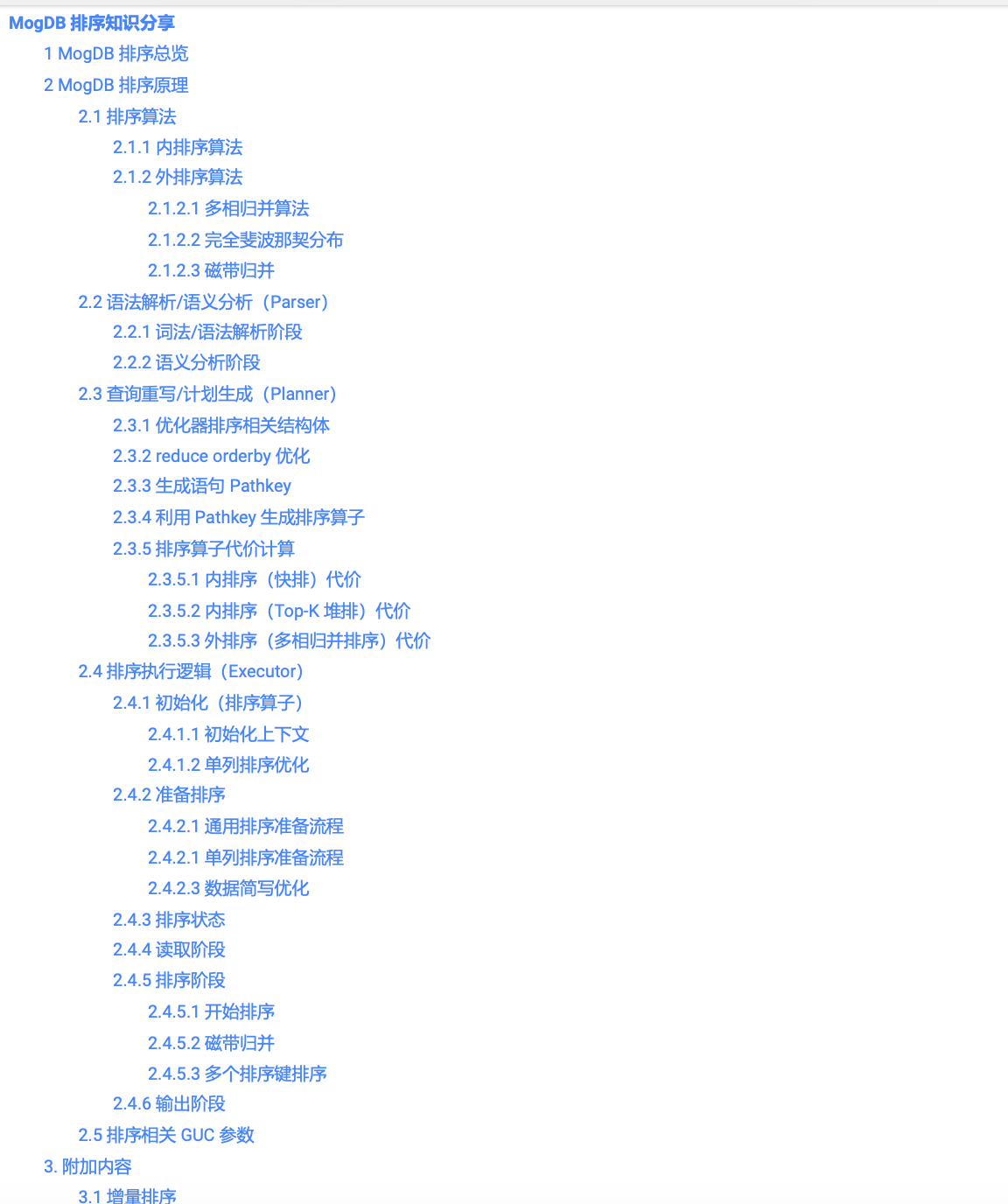
好了,言归正传!
基于如上三点!所以你们还会觉得MogDB比PG差几代么?
本文由 mdnice 多平台发布
